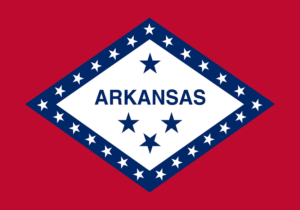Ark. R. Civ. P. 47
Reporter’s Notes to Rule 47: 1. Section of this rule is identical to FRCP 47(a) and confers upon the trial court broad discretion in the examination of prospective jurors. Labbee v. Roadway Express, Inc., 469 F. 2d 169 (C.C.A. 8t h, 1972); Kiernan v. Van Schaik, 347 F. 2d 775 (C.C.A. 3r d, 1965). Prior Arkansas law was governed by superseded Ark. Stat. Ann. § 39-226 (Repl. 1962), which likewise left the mode and manner of voir dire to the discretion of the trial court. This discretion did not, however, vest the trial court with arbitrary authority to prohibit voir dire by counsel. Missouri Pacific Transp. Co. v. Johnson, 197 Ark. 1129, 126 S.W.2d 931 (1939). In drafting this rule, the Committee intended to vest the trial court with sufficient authority to limit voir dire to a reasonable inquiry, but not to prohibit reasonable voir dire by counsel. 2. Section (b) is substantially the same as FRCP 47(b) as it existed prior to the 1966 amendments. Prior thereto, the Federal Rule limited alternate jurors to one or two in number, whereas the present Federal Rule permits the court to seat as many as six alternates. The Committee doubted the need for more than two alternates in civil cases in this State and in most court facilities there is insufficient room to seat a large number of alternate jurors. Accordingly, the Committee determined that alternate jurors should be limited to two in number. 3. Prior Arkansas law was governed by superseded Ark. Stat. Ann. § 39-232 (Repl. 1962), which provided that not more than three alternate jurors could be called and impanelled. This rule continues the provisions of superseded Ark. Stat. Ann. § 39-234 (Repl. 1962) wherein it provided that one additional peremptory challenge was allowed when alternate jurors were used, but that such additional challenge could be used only against an alternate juror. Thus the only change in Arkansas law effected by Section (b) is the reduction from three to two in the number of alternate jurors which may be used.

